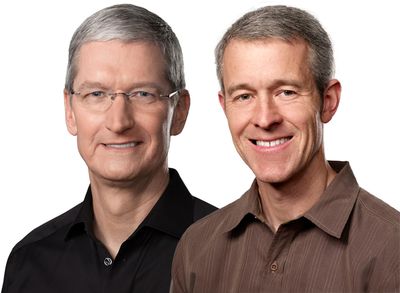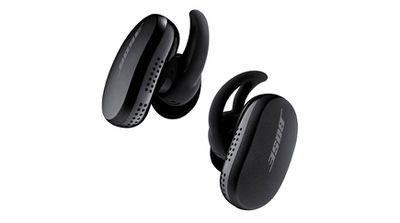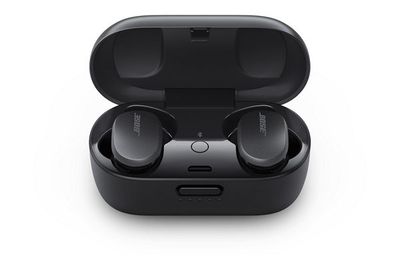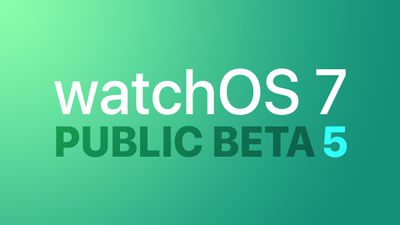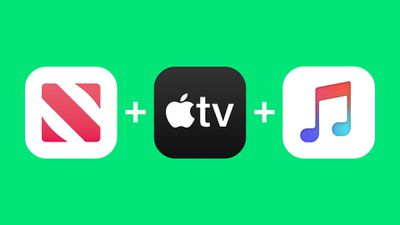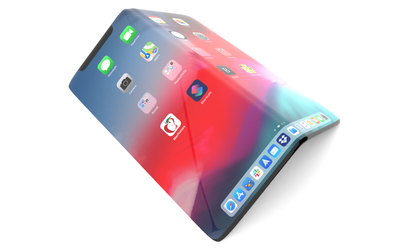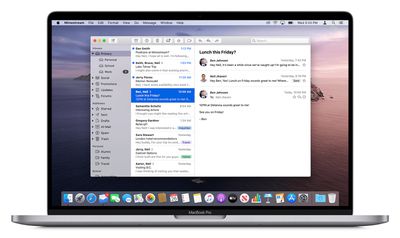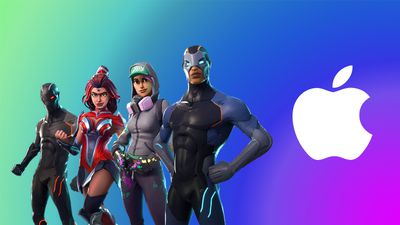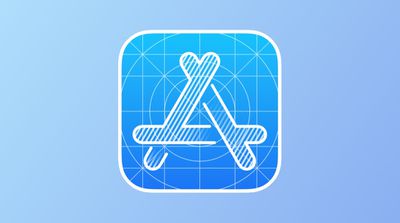Apple today announced updates to its App Store Review Guidelines to take into account some new features that are coming in iOS 14, such as App Clips, while also introducing new rules surrounding streaming game services and in-app purchases.
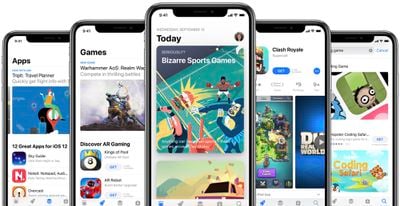
According to Apple's updated guidelines, streaming game services like Microsoft's xCloud are allowed, but all of the games included in a streaming game subscription service need to be downloaded directly from the App Store.
Apple has clashed with Microsoft over streaming gaming services in recent weeks, with Apple preventing xCloud, Microsoft's latest gaming service, from being released in the App Store because Apple has no oversight when it comes to the games included in the service. It's not clear if Microsoft will want to upload all xCloud games to the App Store separately, but that appears to be an option for getting xCloud onto iOS.
Streaming games are permitted so long as they adhere to all guidelines -- for example, each game update must be submitted for review, developers must provide appropriate metadata for search, games must use in-app purchase to unlock features or functionality, etc. Of course, there is always the open Internet and web browser apps to reach all users outside of the App Store.
Each streaming game must be submitted to the App Store as an individual app so that it has an App Store product page, appears in charts and search, has user ratings and review, can be managed with Screen Time and other parental control apps, appears on the user's device, etc.
Streaming game services are, however, allowed to offer a catalog app on the App Store to help users sign up for the service and to find the games that have been uploaded to the App Store, so long as the app adheres to all of Apple's guidelines. Apps must provide users with an option to pay for a subscription with in-app purchase and use Sign in with Apple. All games must link to an individual App Store product page.
Other rules state that apps classified as "Reader apps" such as Netflix can offer account creation for free tiers and are able to provide account management functionality for existing customers while not offering payment options.
Relating to Fortnite, a new App Store clarification says that apps are not allowed to include hidden, dormant, or undocumented features in apps, with all app functionality clear to end users and Apple's App Review team. Epic Games snuck a direct payment option into Fortnite that Apple did not approve, which led to the whole legal battle between Apple and Epic.
All new features, functionality, and product changes are required to be described with specificity in the Notes for Review section when developers are submitting updates, and Apple says that generic descriptions will be rejected.
Apps that offer purchase options for realtime person-to-person experiences between two individuals (such as tutoring) can now use purchase methods other than in-app purchase to collect payments. One-to-a-few and one-to-many experiences that involve more than two people have to use Apple's in-app purchase system. There has been controversy over in-app purchases for services that have been forced to go digital due to the ongoing health crisis, with apps like ClassPass complaining about Apple's purchase requirements. Apple's new rule will allow one-to-one classes to skirt in-app purchases with direct payment options, but that won't work for multi-person classes.
Free standalone apps that are companions to paid web-based tools do not need to use Apple's in-app purchase system so long as there is no purchasing inside the app or calls to action for purchasing outside of the app, which appears to be a new rule related to the snafu over the WordPress app.
Apps can't require users to rate the app, review the app, watch videos, download other apps, tap on advertisements, enable tracking, or take other similar actions to access functionality, content, use the app, or receive monetary compensation.
App Clips, widgets, extensions, and notifications must be related to the functionality of an app, and Apple says that App Clips are not allowed to contain advertising. Widgets, notifications, keyboards, and watchOS apps are also not allowed to include advertising.
Apple's full list of App Store Guideline changes can be found on the Apple Developer site and through the complete App Store Guidelines.
Update: In a statement to CNET, Microsoft said that Apple's new guidelines don't offer an ideal experience for customers. From Microsoft: "This remains a bad experience for customers. Gamers want to jump directly into a game from their curated catalog within one app just like they do with movies or songs, and not be forced to download over 100 apps to play individual games from the cloud. We're committed to putting gamers at the center of everything we do, and providing a great experience is core to that mission."


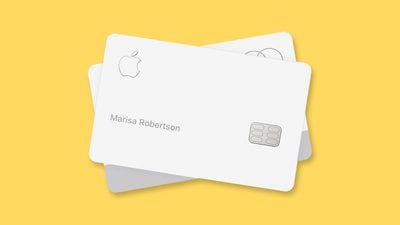
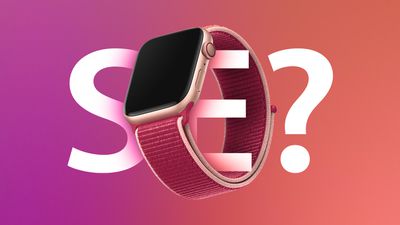

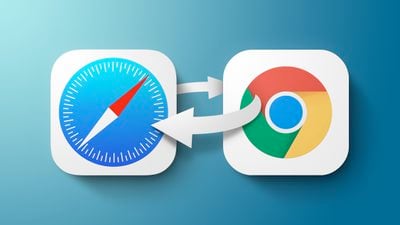
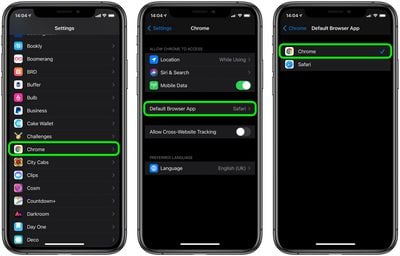
 Note: MacRumors is an affiliate partner with Woot. When you click a link and make a purchase, we may receive a small payment, which helps us keep the site running.
Note: MacRumors is an affiliate partner with Woot. When you click a link and make a purchase, we may receive a small payment, which helps us keep the site running.